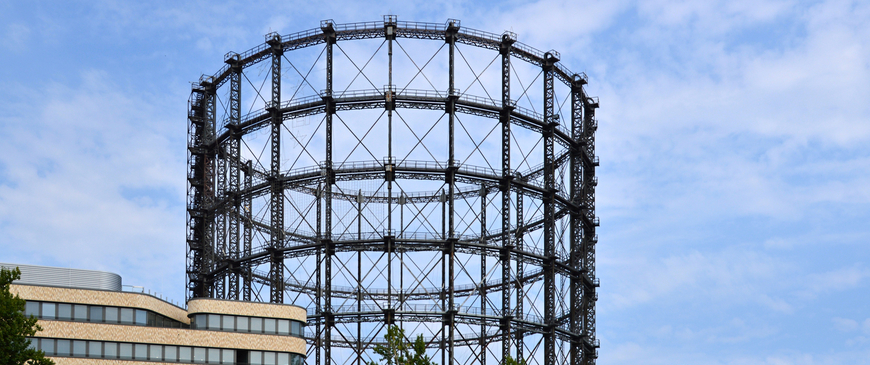
Judy Asks: Is Europe's Energy crisis self-inflicted?
Paradoxically, Europe’s main fault is that while it is the frontrunner in climate action, its decarbonization efforts are currently still too slow to beat the pace of changes in global energy dynamics. This has left Europe exposed to the current energy price spike.
The shift from coal to gas for electricity generation observed in the past decade in European power markets is a success story in emissions reduction—only surpassed by the rise of renewables. Liberalization of gas markets has saved European consumers almost €60 billion ($70 billion) in energy bills over the past decade. However, Europe’s reliance on Russian gas imports has increased, which comes with its own geopolitical baggage.
As extreme temperatures become more common and as energy demand in emerging economies steadily grows, Europe will increasingly have to compete with Asia for gas—even if gas is “only” to serve as a transition fuel to kick coal out of the global grid.
In the short term, governments should provide cash transfers to vulnerable households and businesses to weather the price storm. In the long term, decarbonizing the energy sector is the best strategy for Europe to durably reduce its energy prices and improve its energy security.
Elisabetta Cornago is a research fellow at the Centre for European Reform.
Read the full article here.
